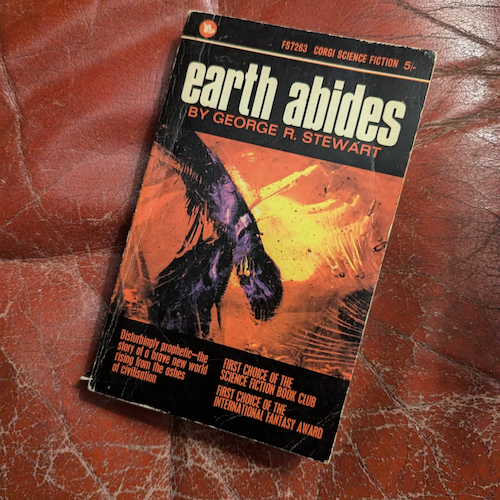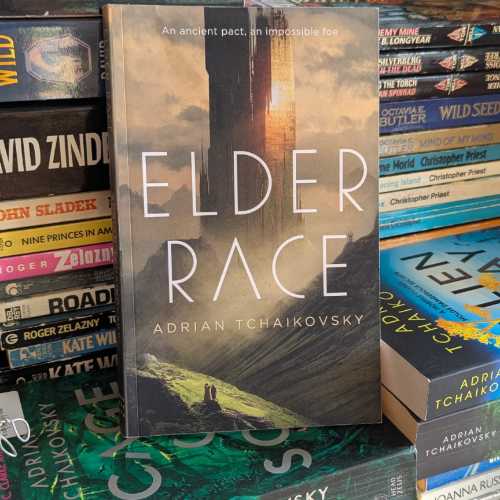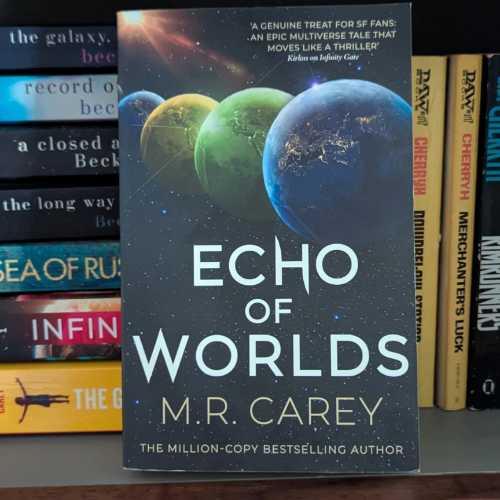Earth Abides
★★★★★Unlike many post-pandemic stories, Earth Abides is a more thoughtful and pastoral take on the apocalypse. Almost everyone is dead - there are only scattered handfuls of people left and plenty of resources to scavenge, so any conflict is with the slow and steady reclamation by nature rather than the modern obsession with the savagery of man.
We follow Ish as he goes from a long period alone, to building a small tribe, and finally finding his accommodation with what’s happened. The first half is expertly written - we get a deep sense of Ish’s solitude, quiet emptiness, and the post-human environmental reversion that is underway through little omniscient chapter interludes that poetically describe things like the decaying roads.
Ish fights with his sense of loss for modernity, and his fears for the future generations raised as scavengers. As he tussles intellectually with his impotent desire to aid the next generation, the novel loses its way and suffers from a saggy middle in a book that already has too little in the way of plot or conflict (what action there could have been often happens frustratingly off-stage and is related in posthoc exposition). Some external tension is introduced in the last third, but before we can explore the possibilities and implications it’s speedily resolved and we return to form.
The tribe is deliberately quotidian (the contention being that the more intelligent and neurotic survivors were taken by despair), which made for passive bovine secondary characters that I found difficult to relate to or care about. Ish himself is positioned by the author as a critical thinker, the ideas man of the tribe, but there’s no follow through on this - his only material impact being passing on the bow, a rather lacklustre outcome for all his angst.
The novel has a positivity about humans and places a low value on knowledge and civilisation, diametrically opposite to works such as A Canticle For Leibowitz. I found it a thoughtful read, but an unsatisfying polemic, which I suspect is mostly reflective of my own proclivities leaning heavily towards the monks.




